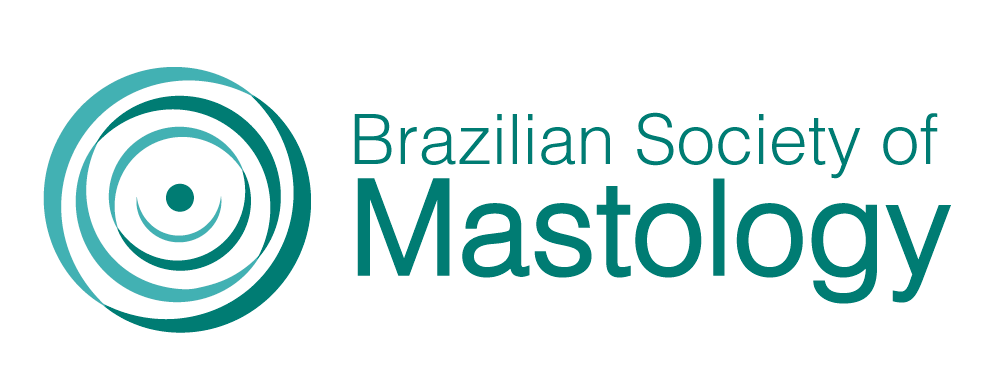ASPECTS OF BREAST CANCER DIAGNOSIS AND DELAYED TREATMENT IN BRAZIL
Palavras-chave:
Breast Neoplasms, Epidemiology, Time-to-TreatmentResumo
Objective: Breast cancer is one of the leading causes of death in women worldwide. Several studies highlight the correlation between delayed treatment and high mortality. However, few researchers have addressed the main reasons for long delays in the healthcare system. This study aims to analyze different aspects influencing the postponement of treatment in Brazil. Methodology: An ecological approach using the secondary data from the Oncology Panel of the Brazilian Unified Health System (SUS). The data were collected on February 13, 2020, and included the diagnoses of breast cancer (ICD-10: C50 and D05) from 2015 to 2020. The aspects analyzed included the waiting time for the first treatment, procedure, staging, and region. Anatomopathological diagnoses made after a surgical procedure were not included. Results: According to the Brazilian laws, oncological patients need to start treatment within 60 days (5). However, the data reveal that only 45.22% of breast cancer patients (stages 2–4) started the treatment within 60 days. This is more alarming when looking at the procedures. Over half of the patients submitted to chemotherapy and 76.8% submitted to radiotherapy received their treatment after 60 days from the diagnosis. Interestingly, our geographic analysis did not reveal significant disparities among regions. The lower-income regions had 49.01–57.07% of patients treated after the recommended time frame. The higher-income regions had values from 43.44% to 54.44%. Conclusion: Despite the knowledge that later treatments result in worse outcomes and the legal right of earlier treatment, our results show a current controversial frame in Brazil. Most patients take longer than recommended, and the worst scenario is for radiotherapy patients. No substantial differences were found among lower- and higher-income regions, although it is likely that further analysis with different approaches could be more sensitive to deny or confirm this assumption.
Downloads
Downloads
Publicado
Como Citar
Edição
Seção
Licença
Copyright (c) 2021 Isabella Inês Rodrigues Rosa, Alexandre Santana Valadares, Douglas Marques de Paula, Tiago Paiva Prudente, Maria Elvira Freitas Martins, Guilherme Ferreira Barros, Ana Laura de Sene Amâncio Zara

Este trabalho está licenciado sob uma licença Creative Commons Attribution 4.0 International License.







